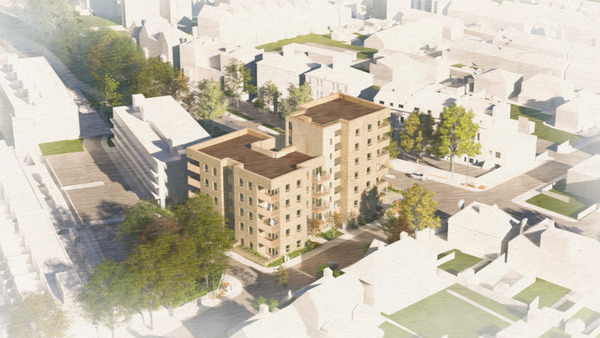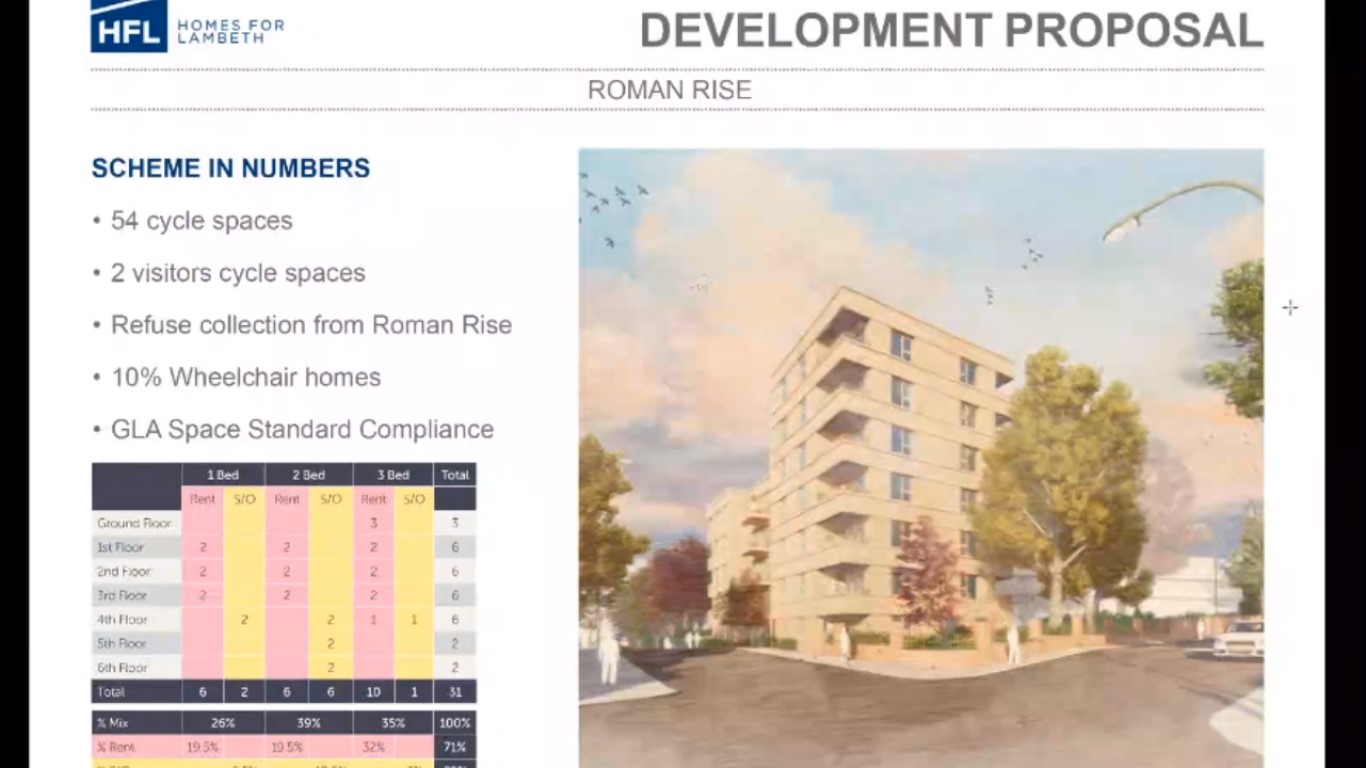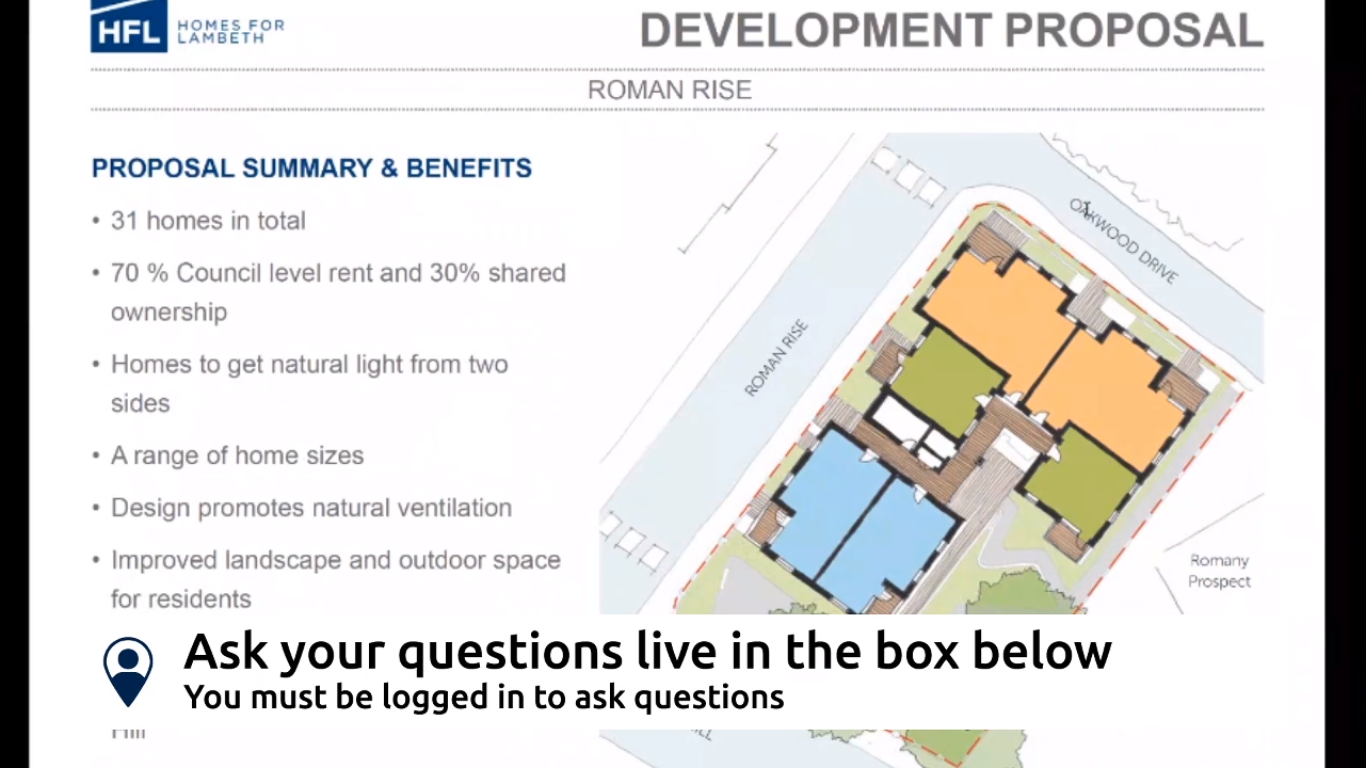01 - 07 - 2020
By Gerry Cassidy, Partner, Planning.
As a team of architects and planners, at BPTW we have spent some time at the sharp end as planning has moved largely online in response to the Government’s Covid-19 restrictions. A rapid adjustment has quickly become a new normal, and now, several weeks in, we can see a number of lessons that should be learned as the industry continues to adapt and as a post-Covid future is slowly revealed.

One of the most striking aspects of this new normal is how quickly the system has adapted, with architects pleasantly surprised by how readily their practices were able to respond to working from home. What has surprised many architects and contractors even more is how prepared local authorities have been: the cliché of local councils as obstructive bureaucracies could hardly be further from the truth. Local authorities’ development arms are ploughing on with projects, providing a lifeline and much needed stability for many. Covid-19 has blown a secret that planning officers have been working remotely and digitally for years – now it is time for everyone else to catch up. Because of this, many planning departments have transitioned almost seamlessly to digital platforms, enabling projects large and small to continue despite the lockdown.
In some respects, taking planning committee meetings online has been the easy part: if Parliament can continue to operate digitally, it would be strange if local authorities could not do likewise. The dynamics may be a little different, and it is important to ensure that the quality of participation and decision-making is preserved: there have already been rumblings by campaigners such as CPRE that online meetings are open to abuse. Any such exploitation would be extremely unwise: the threat of judicial review should remain a real deterrent for any planning authority considering digital shortcuts in the absence of ‘normal’ procedures.
At all stages of the planning process, maintaining the independence and integrity of decision-making is paramount. This is particularly important during pre-application consultations, where the quality of outcomes is heavily reliant on a fair process. Without the ability to hold physical public consultation meetings and thereby ensure that all interested parties can have their say, there is a risk that some individuals or groups – particularly hard-to-reach sections within communities – could be disadvantaged or even disenfranchised by a digital process that lacks the same level of transparency or accessibility.
The dynamics of consultation are different online: we need to ensure that objectors can still feel emboldened – as they do in real time – to express their views fully. In real time, local residents and other community stakeholders can sense how their neighbours and peers feel – something that is much more difficult on virtual platforms – a deficiency that could be mitigated through an independent moderator ensuring commonly held views and themes are addressed. Independent moderation would also ensure consultation remained on the right side of the fine line that exists between facilitation and manipulation: a ready-made solution would be to use Planning Aid moderators to ensure that pre-app consultations are sound and capable of withstanding future challenge.


BPTW’s public consultation for Roman Rise focused on a clear display of information and allowing community members to ask questions in real time.
The positives of digital planning, however, are most apparent at pre-app stage. As a practice we’ve found a higher degree of engagement among participants, and a greater focus during meetings. Recordable formats allow for participation in real-time as well as by individuals and groups who can contribute in a way that is convenient for them. Feedback and participation can be accurately recorded and reported to demonstrate the soundness of consultation exercises. Preparation on the part of project partners is critical: the reward is greater and more productive stakeholder input, which can only be good for better design.
Led by BPTW, the regeneration of Convent Way in Hounslow has benefited from the use of a video presentation as part of an online consultation.
In a few weeks, the virus has achieved a revolution in planning practice that would otherwise have taken many years. We have found that technology is a useful leveller – allowing more junior colleagues the opportunities to contribute more effectively, and therefore ensuring that more voices are heard as projects evolve. We will certainly need to think hard about how to preserve this enhanced democratisation as ‘normality’ returns.
In this topsy turvy brave new world, old hands are looking up to younger colleagues as they have helped practices pioneer new ways of working and navigate unfamiliar online etiquettes. Not so long ago the idea of conducting planning discussions via Whatsapp or virtual platforms would have been viewed as inferior or even inappropriate – today it is second nature. So, what will change? On a very practical level, having invested heavily in new technology and equipment as the world was sent home to work, practices will want to make the most of the new resources they have to hand. Having recently established a Midlands hub we were becoming accustomed to working with colleagues remotely – Covid 19 has given us and many others an intensive crash course. How we have experienced the clear benefits of digital planning, it would seem absurd to return to a world that was exclusively reliant on physical meetings to conduct business, thereby saving a huge amount of time. Developers and local authorities alike must embrace the digital opportunities that have been revealed.
BPTW’s online consultation presentation for Roman Rise is available to watch here.


